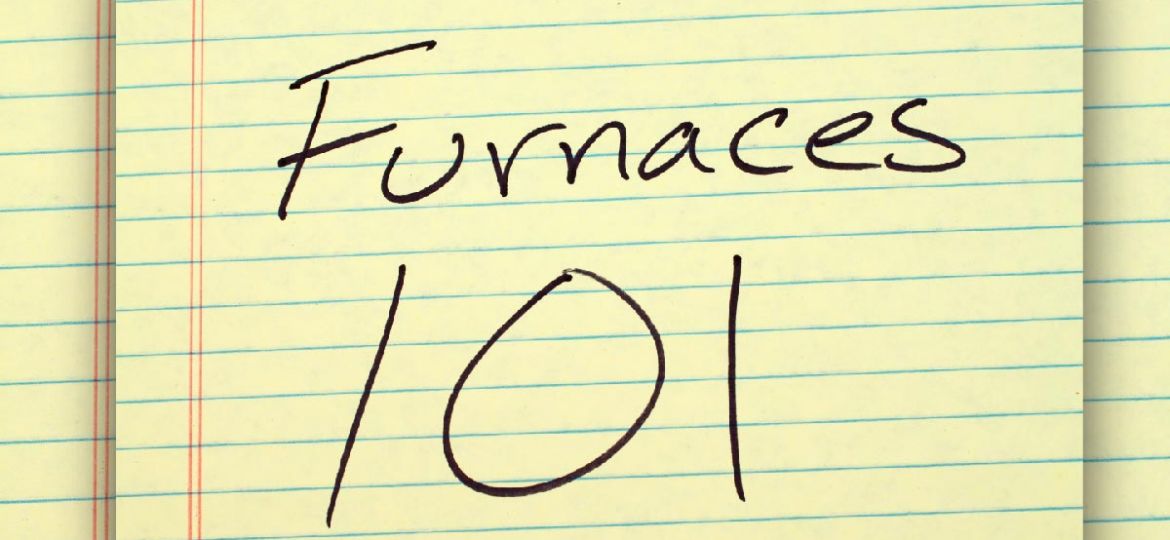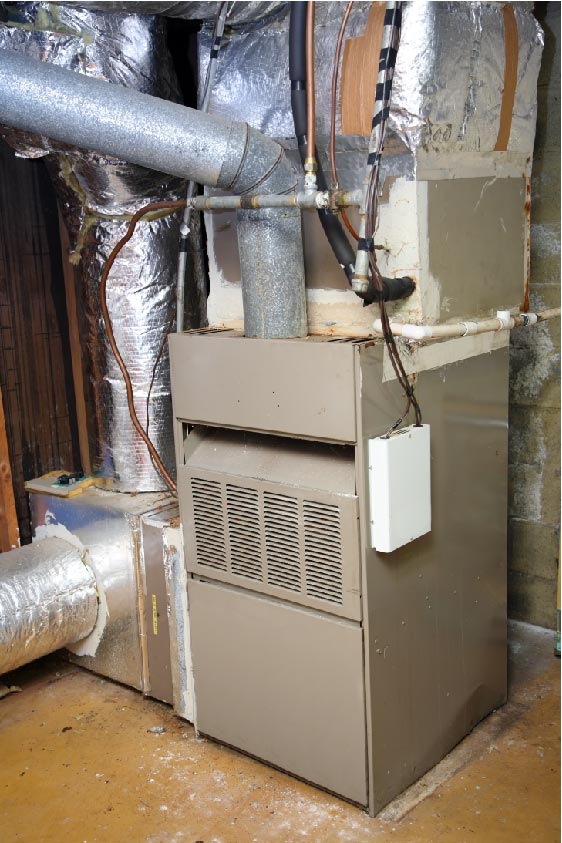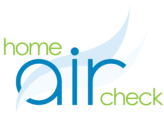
Why does my furnace smell
when I turn it on?
As the seasons change, our heating and cooling needs change as well. Each fall, as you turn off your air conditioner and turn on your furnace or heater for the first time, you may notice a strange smell coming from your heating vents. Some of these smells are harmless, while others may be dangerous.
Are All Furnace Smells Dangerous?
In short, no. Not all furnace smells are dangerous—but they should be investigated. For example, the smell of burning dust that lasts just a few hours and doesn’t return later in the season is nothing to worry about. Whereas the smell of burning plastic or oil could indicate something very dangerous.
If you can’t identify a burning smell in your home, take precaution and call your local fire department for an inspection.
Types of Furnace Fumes and What They Mean
In general, this a normal smell. One that results from settled dust and debris on the coils being burned off as the system heats up. Similarly, new furnaces often have coated coils to prevent rust and corrosion that give off a burning smell as the system heats for the first time. However, if an older furnace has this same smell, lasting more than a few days, there may be a more serious problem. In this case, you should contact your local HVAC company.
This smell usually indicates that an electrical component is malfunctioning or has failed. Without delay, a repair should be made to prevent further damage to the furnace.
If you smell a musty or mildew type odor coming from your furnace or air supply vents, the culprit may be fungi. For forced air systems, this could be found in an area of moisture build up in the furnace or the ductwork that moves the warm air through the house.
In contrast, if the smell seems to originate in the ductwork, you may want to consider an air duct cleaning service. If that route it chosen, be sure to close off the vents to prevent any accumulated material from spreading to the rest of your home. In addition, let everything settle before turning the furnace back on. And ask questions. Find out what chemicals are being used, understand what might be going in and out of your air ducts.
If you have natural gas, this could be a sign of a gas leak. Leave the house immediately and call your gas/utility company or fire department. Natural gas providers add certain chemicals to make gas leaks easier to detect.
On the other hand, the rotten egg smell can also indicate sewer gas from a dry drain trap or a pipe break. You may need to contact a plumber if your gas or utilities company doesn’t find a natural gas leak.
Properly Tend to your Furnace
- Schedule a furnace maintenance appointment in the fall to make sure it is operating correctly.
- Perform seasonal cleaning to remove the accumulated dust and debris before you turn your furnace on.
- Change the filter before you turn your furnace on and replace it every 4-6 weeks during the winter months (or when additional smells or physical symptoms become noticeable).
- Don’t forget, when it gets cold outside and your home is closed up to preserve the heat, VOCs can build up and may cause an air quality problem that wasn’t apparent in warmer weather.
For more information on keeping your indoor air quality perfect:


